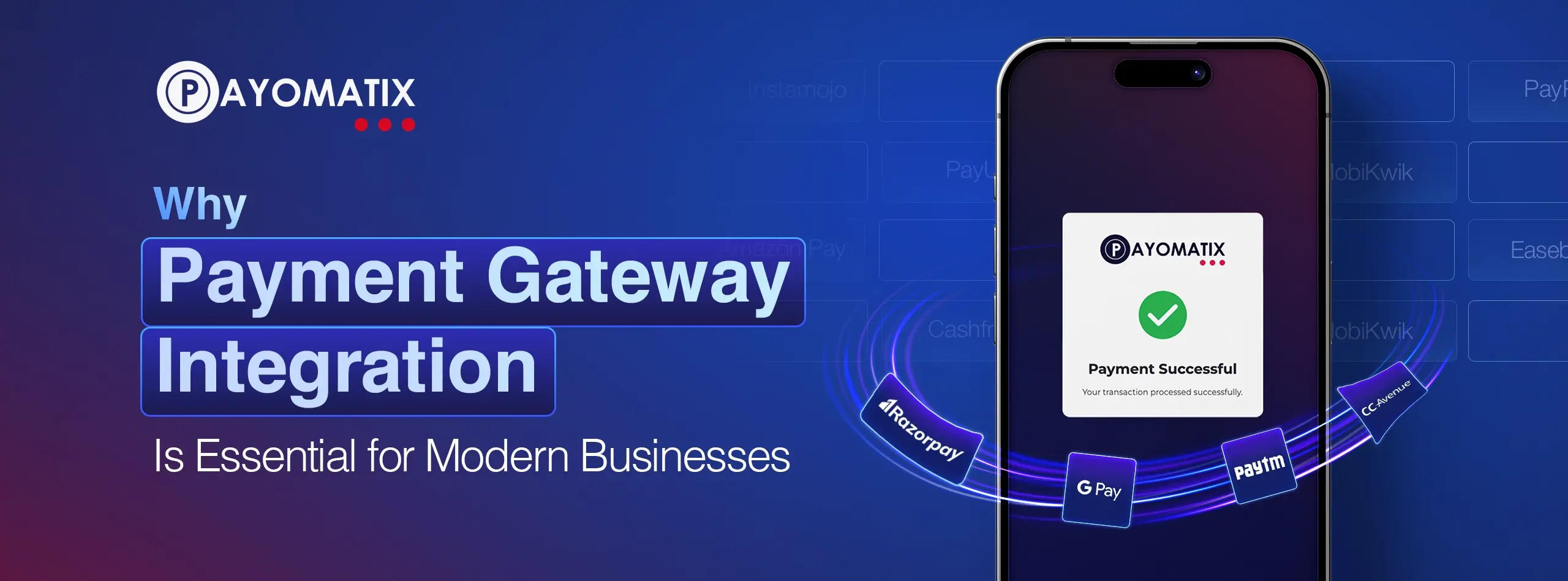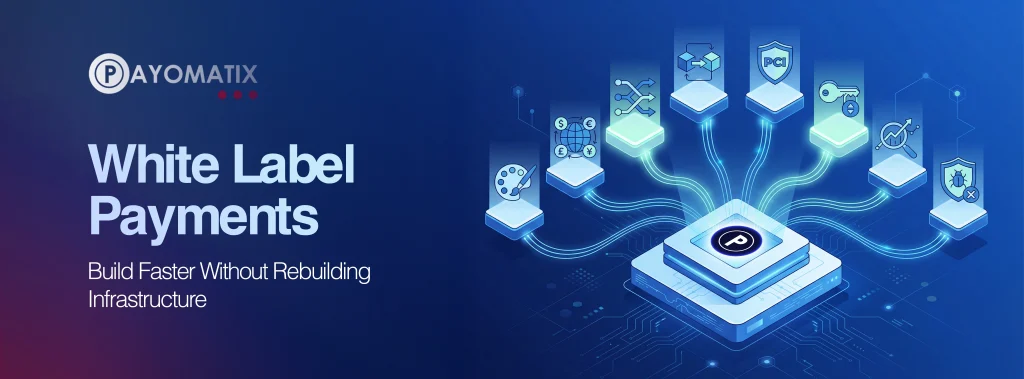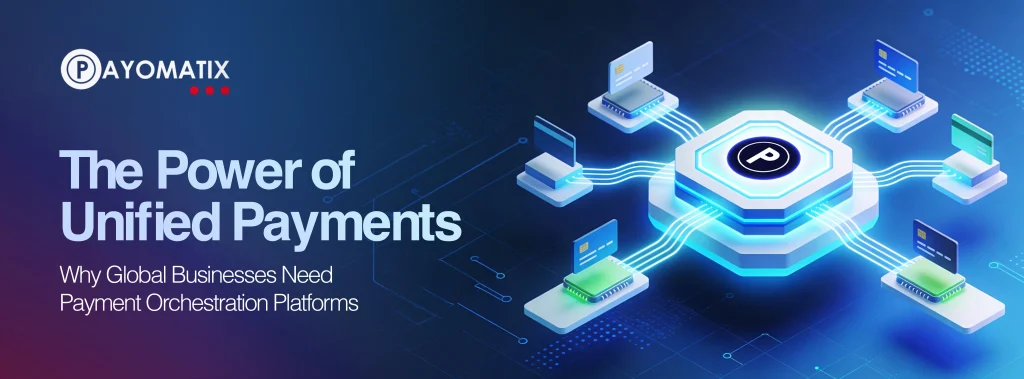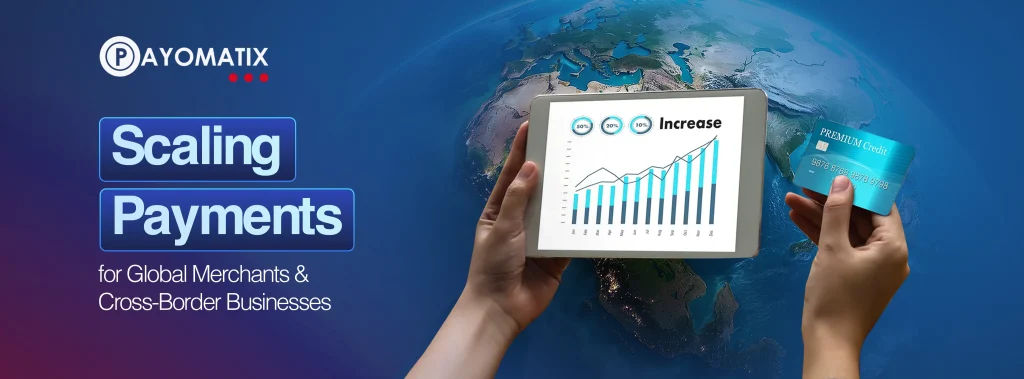In today’s digital-first economy, businesses cannot afford to treat payments as an afterthought. Customers demand speed, security, and convenience, while businesses need reliable systems to manage everything from B2B payment platforms to dispute resolution. At the center of this transformation lies payment gateway integration—a critical enabler for modern enterprises to grow, scale, and build trust.
What Is Payment Gateway Integration?
Payment gateway integration is the process of connecting your website, mobile app, or ERP with a payment service provider to securely accept and process payments. It bridges the gap between merchants and financial institutions, ensuring smooth transactions through methods like credit/debit cards, UPI, net banking, and digital wallets.
Why Is Payment Gateway Integration Essential?
1. Seamless Global Transactions
With payment gateway integration, businesses can easily accept multiple currencies and payment methods, enabling them to serve customers worldwide. For growing companies, especially in e-commerce and SaaS, this removes barriers to international expansion.
2. Optimized B2B Payment Platforms
Unlike one-time consumer purchases, B2B payment platforms require support for recurring payments, invoicing, and higher transaction volumes. Integrated gateways simplify bulk transactions, automate reconciliation, and improve cash flow management for enterprises.
3. Enhanced Security and Compliance
Trust is critical in digital payments. Gateways provide built-in PCI-DSS compliance, tokenization, and encryption, ensuring sensitive customer data is always protected. For businesses, this reduces liability and builds customer confidence.
4. Efficient Payment Dispute Management
Chargebacks and disputes are part of every payment ecosystem. With integrated payment dispute management, businesses can track disputes, respond quickly, and minimize financial impact—while maintaining customer satisfaction.
5. Improved Customer Experience
A slow or broken checkout experience is a major cause of cart abandonment. Integrated gateways allow businesses to offer one-click payments, multiple payment options, and faster approvals, making the payment process frictionless.
FAQs on Payment Gateway Integration
1. What are the benefits of payment gateway integration for small businesses?
It allows small businesses to accept multiple payment methods, expand their customer base, and build trust by offering secure transactions—all without heavy technical investment.
2. How do B2B payment platforms benefit from payment gateway integration?
They can process high-value and recurring transactions, automate invoicing, and streamline reconciliation—helping enterprises save time and reduce errors.
3. What role does payment dispute management play in integration?
It helps businesses resolve chargebacks and disputes efficiently, reducing revenue losses and improving customer trust through transparent handling.
4. How can payment gateway integration reduce checkout abandonment?
By offering faster approvals, local payment options, and simplified user flows, it reduces friction at checkout, encouraging customers to complete their transactions.
5. Is payment gateway integration secure for handling sensitive customer data?
Yes, gateways follow strict compliance standards like PCI-DSS and use technologies like encryption and tokenization to protect cardholder information.
Final Thoughts
For businesses of all sizes, payment gateway integration is no longer optional—it’s the foundation of modern commerce. From empowering B2B payment platforms to streamlining payment dispute management, it enables growth, efficiency, and customer trust.
Companies that adopt strong integration strategies today will not only optimize operations but also future-proof their business in the evolving digital payments landscape.





